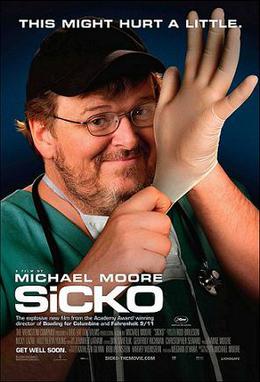Lists
















64 Books
Libros por leer
Sort by:
Recent Desc
Liked by
More lists by Alex_de_Large



Series por ver
List includes: South Park, Battlestar Galactica, Family Guy
July 2022
0
@Alex_de_Large



Docus por ver
List includes: The Devil and Daniel Johnston, Bowling for Columbine, Sicko
June 2022
0
@Alex_de_Large



Pelis por ver
List includes: Donnie Brasco, Contact, Watchmen
May 2022
3
@Alex_de_Large



Freak Movies
List includes: Zardoz, Cannibal Holocaust, Plan 9 from Outer Space
February 2022
0
@Alex_de_Large